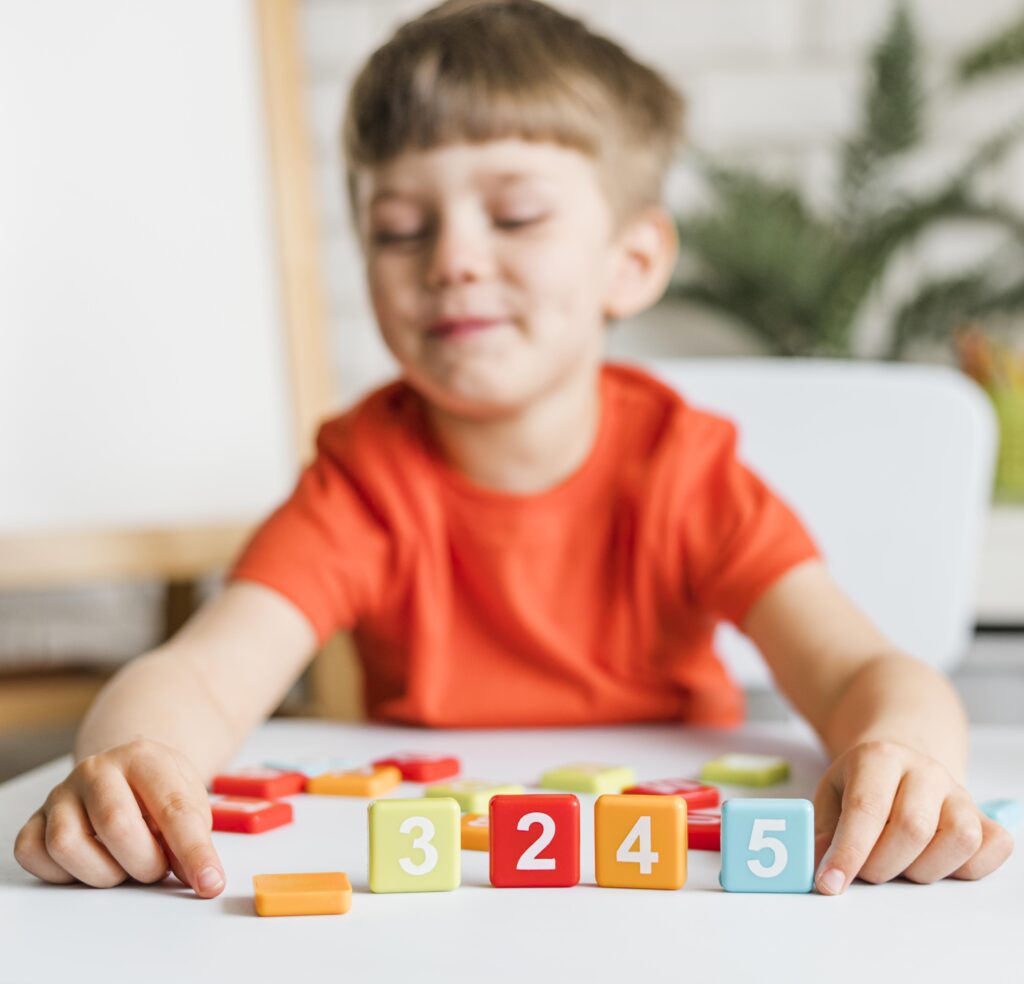What Age is Pre-K? A Complete Guide for Parents

Introduction
Understanding the right age for Pre-K (Pre-Kindergarten) is essential for preparing your child for a successful start to their educational journey. In this article, we will discuss the typical age for Pre-K, the benefits of enrolling your child, and key factors to consider when choosing a program.
What Age is Pre-K?
Pre-K is generally for children aged 4 to 5 years old. This age range helps prepare children for kindergarten by focusing on social, cognitive, and emotional development. However, some programs might accept children as young as 3, depending on their readiness and local guidelines.
Age Breakdown:
- Age 3: Some Pre-K programs accept children who are 3 years old, often called “early Pre-K.” These programs are more play-based and focus on socialization and early skills.
- Age 4: Most standard Pre-K programs are designed for children who are 4 years old, with a curriculum emphasizing readiness for kindergarten.
- Age 5: Some children may still be in Pre-K at age 5, especially if they have late birthdays or need an additional year to develop key skills.
Benefits of Pre-K for Children
Enrolling your child in a Pre-K program provides several benefits, such as:
- School Readiness: Pre-K focuses on preparing children for kindergarten, including early literacy and numeracy skills.
- Social and Emotional Development: Children learn to interact with peers, share, and follow routines.
- Cognitive Skills: Engaging activities help improve problem-solving and critical thinking abilities.
For more on child development and education, check out our Parenting Guide.
How to Know if Your Child is Ready for Pre-K
Before enrolling your child in Pre-K, consider these readiness signs:
- Interest in Learning: Does your child show curiosity and excitement about learning new things?
- Following Simple Instructions: Can your child listen to and follow basic directions?
- Independence in Self-Care: Is your child comfortable with basic self-care tasks, such as using the restroom or washing hands?
If your child shows these signs, they might be ready for Pre-K. Remember, each child develops at their own pace, so it’s essential to assess their individual readiness.
Choosing the Right Pre-K Program
When selecting a Pre-K program for your child, consider the following factors:
- Curriculum and Learning Approach: Look for programs with a balanced mix of play-based and structured learning activities.
- Class Size and Teacher Ratio: Smaller class sizes often allow for more individualized attention.
- Location and Cost: Ensure the program is conveniently located and fits within your budget.
To learn more about selecting a quality Pre-K program, visit NAEYC’s Family Resources.
Common Questions About Pre-K Age
Q: Can my 3-year-old start Pre-K?
A: Yes, some programs offer early Pre-K for 3-year-olds. These classes often emphasize social and motor skill development in a play-based environment.
Q: What if my child is not ready for Pre-K at age 4?
A: If your child isn’t ready, it’s okay to delay Pre-K by a year or consider a program tailored to younger children.
For more parenting tips and advice, visit our article on Preparing Your Child for School.
Conclusion
The typical age for Pre-K ranges from 3 to 5 years old, depending on your child’s readiness and the program’s guidelines. Pre-K is a crucial step in preparing children for kindergarten by focusing on social, emotional, and cognitive development. By choosing the right program and assessing your child’s readiness, you can set them up for a positive start to their educational journey.
Internal Link: For more articles on early childhood education, explore our Parenting Page.
External Link: Find detailed guidelines on early education from the National Association for the Education of Young Children (NAEYC).